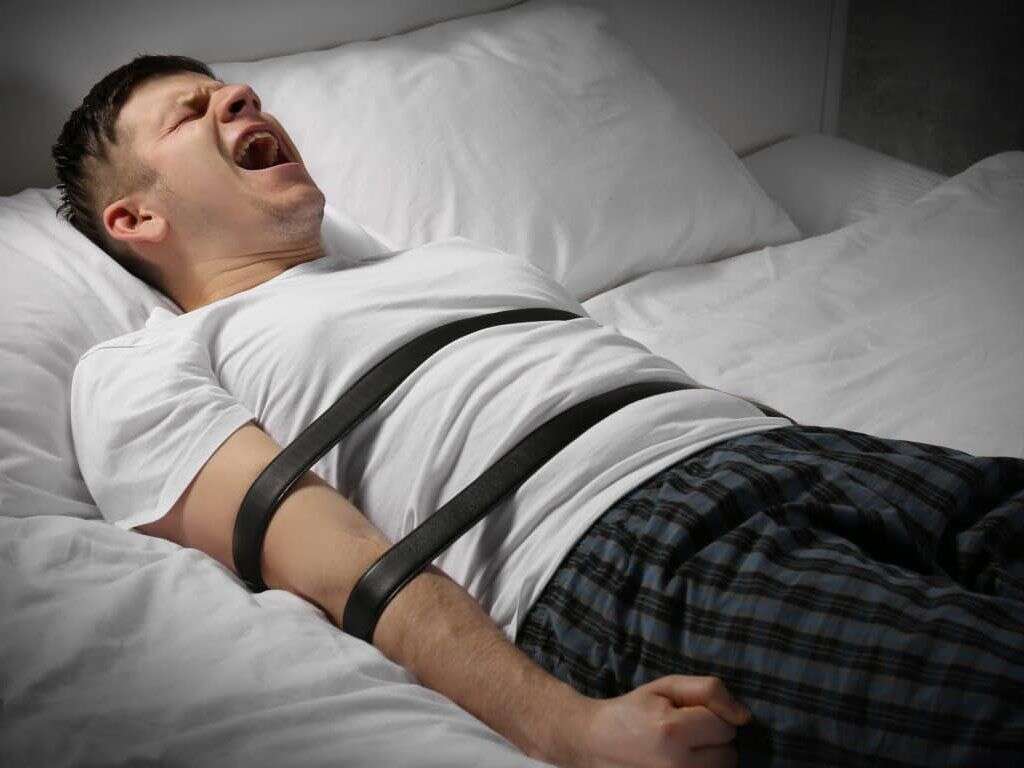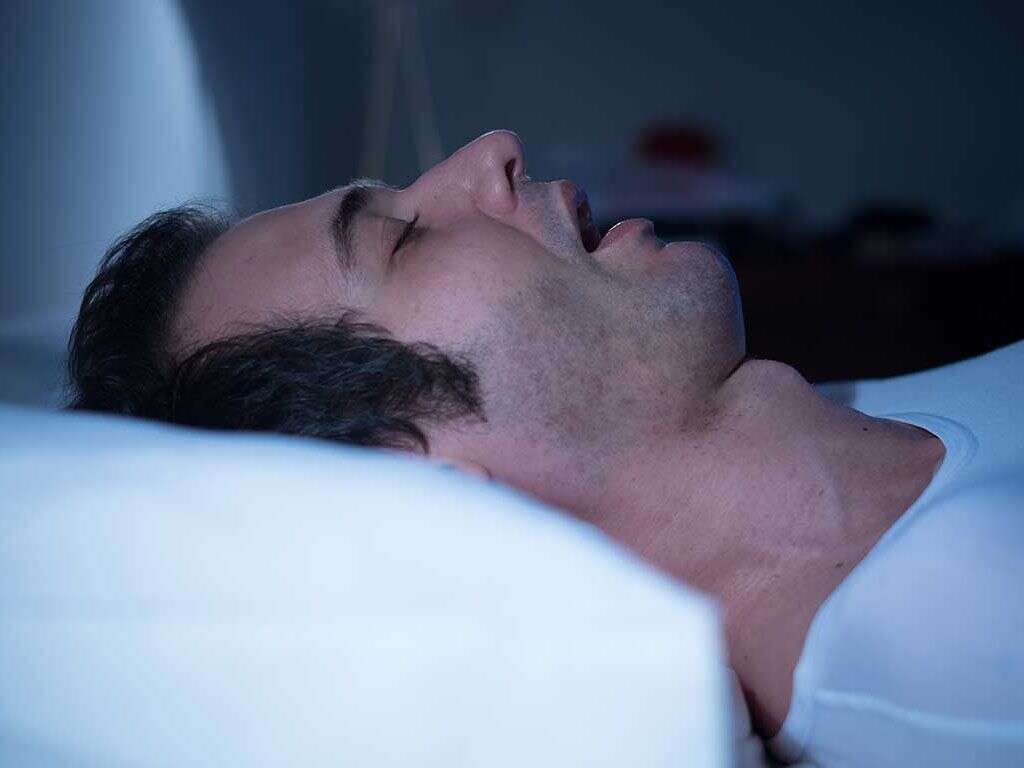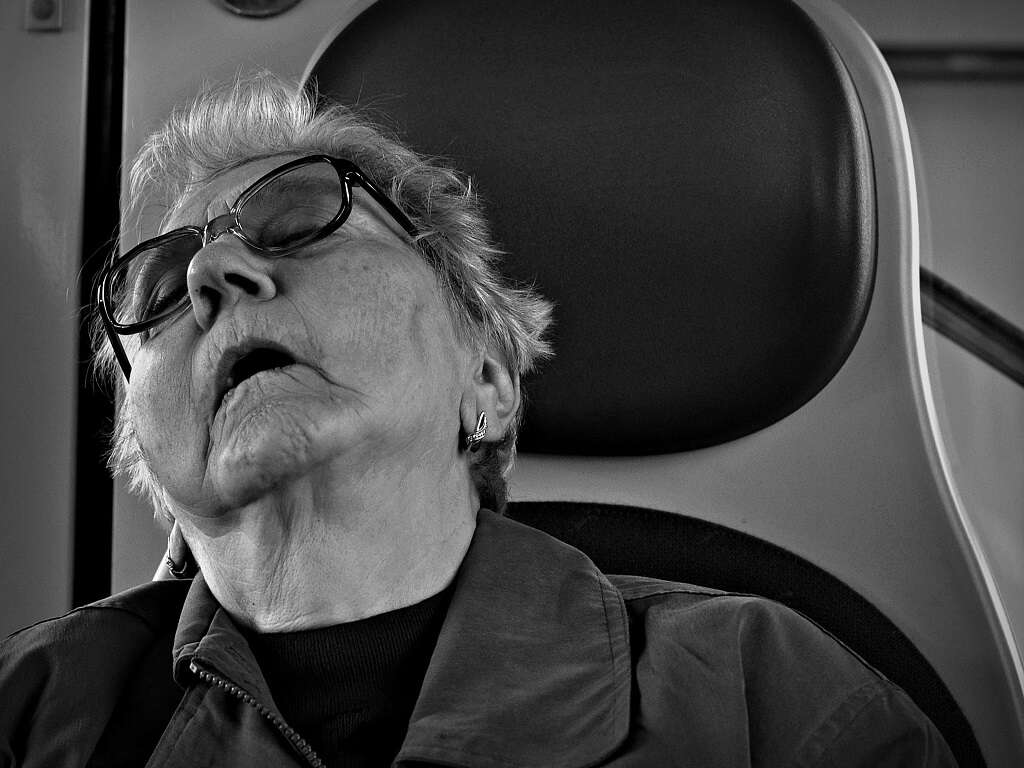10 Narcolepsy Symptoms
We still have a great deal more to learn about sleep, but we do know that it is very important to us. It allows us to recharge physically, and also allows the brain to process information so it is ready for the following day. Sometimes, though, sleep patterns can be affected to such a degree that they can have a seriously negative impact on a person’s life.
Narcolepsy is a condition that can cause people to fall asleep suddenly, while also preventing them from getting the sleep they need. Other associated symptoms of the condition can potentially have a serious impact on a person’s quality of life. There is no known cure yet, although the symptoms can be reduced individually in many cases.
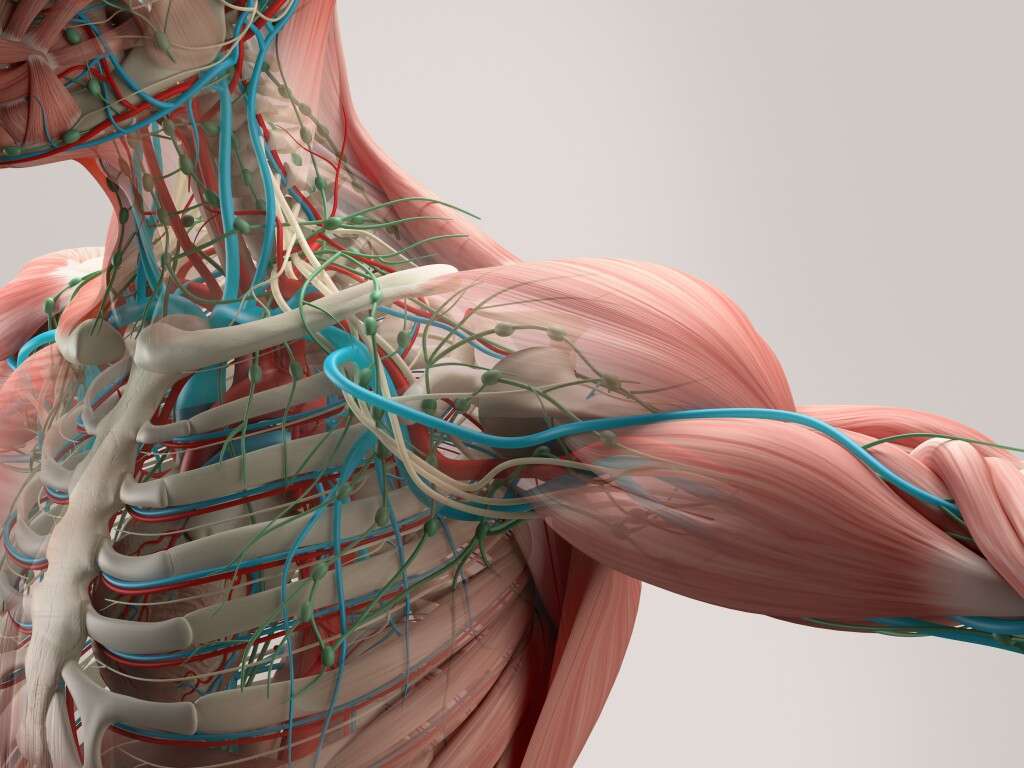
Symptom #1: Sleep Attacks
We can all get quite sleepy at times, and not always when it is convenient to do so. Getting tired during the day can be troublesome, especially when we have things to do. Usually we just have to get through it until we can finally get home. For people with narcolepsy, this can be very problematic.
People with the condition can fall asleep on the spot without any warning. They have no control over it, and it can happen even when they are in the middle of doing something. Many will not be able to drive, for example, because of the risk that they may fall asleep at the wheel without warning.

Symptom #2: Daytime Sleepiness
Usually, a good night’s sleep will help ensure that we are refreshed for the day ahead. It will usually not be until later in the evening that we will become sleepy again, at which point it is usually time for bed anyway. People with narcolepsy, however, can feel tired in the daytime no matter how much sleep they get the night before.
In addition to sleep attacks, people with narcolepsy can also end up falling asleep in the daytime because they are just plain tired. This can have a significant impact on their professional and social lives as they can struggle to focus and could also be branded as lazy. The condition is known as Excessive Daytime Sleepiness or EDS.

Symptom #3: Compulsive Behavior
Patients suffering from this condition may find themselves engaging in compulsive behaviors, especially at night. Usual manifestations of this symptom are sleep-related eating disorders and smoking at night.
Both behaviors are detrimental to the overall health of the patient, therefore, it is important to seek medical attention for proper diagnosis and treatment.

Symptom #4: Cataplexy
The muscles in our body do an incredible job. Not only do they help with moving us around and helping us to lift objects, they also play a part in performing a range of other jobs. Not only are these muscles capable of doing a lot, they are also reliable and available to us 24/7. For people with narcolepsy, however, this is not always the case.
Another symptom of narcolepsy is cataplexy, which is suddenly losing control of your muscles. Episodes tend to be triggered by emotions and the impact on sufferers can range from slurred speech to collapsing due to being unable to support themselves. Episodes can last for a few seconds or minutes, and can also occur several times a day or only once or twice a year.

Symptom #5: Hallucinations
Our eyes, ears and other sense organs are very effective at telling us what is around us. This helps us to find what we need and navigate our surroundings, and also helps to keep us safe from potential danger. Sometimes, though, something will go wrong in the brain and we will detect things that are just not there.
Hallucinations are a fairly common symptom in people with narcolepsy. They will sometimes see, hear, smell and feel things that are just not there. Such hallucinations in narcoleptics tend to occur just as they are about to sleep, or just as they are waking up. While there may be nothing there in reality, the hallucinations will appear to be very real to the person suffering from them.

Symptom #6: Sleep Paralysis
Imagine being awake and you are completely unable to move or even speak. You can see everything around you, hear everything around you and are completely aware of your surroundings, but are unable to move a single muscle. It might sound like the stuff of nightmares, but for people with narcolepsy, it is very much a reality.
People with this condition will occasionally find they are unable to move at all, and it can last from seconds to minutes. While it is not harmful in itself, it can still be a truly terrifying experience for those with the condition. It usually happens just as they are falling asleep or when they have just woken up.
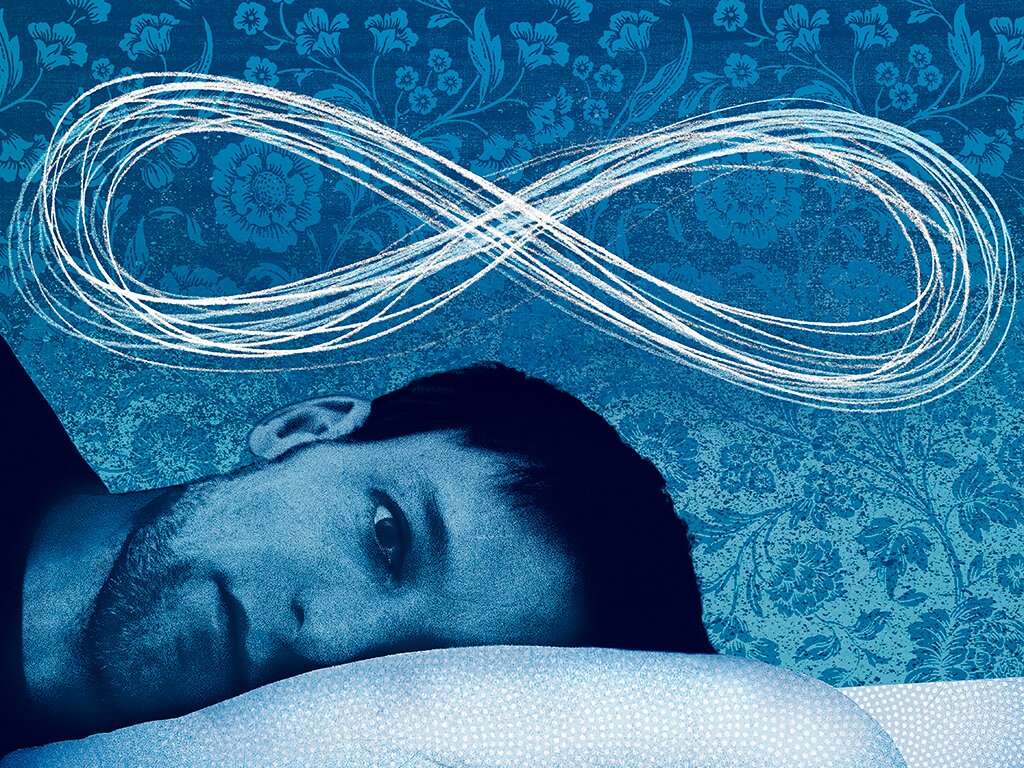
Symptom #7: Taking Naps
Patients suffering from Narcolepsy will often develop a tendency to take short naps during the day. This is not something that will cause harm to the patient and it is not a problem by itself.
But if taking naps is not common in your routine and you start experiencing other symptoms associated with narcolepsy, you should seek medical attention for proper diagnosis.

Symptom #8: Restless Sleep
Most of us are fortunate enough to be able to get a good night’s sleep on pretty much a daily basis. Once we are asleep, we remain asleep until it is time to wake again. This helps us to feel refreshed and invigorated the following day. Not all people are so lucky. People with narcolepsy will often find that their sleep is regularly interrupted.
Because people with narcolepsy will often feel tired and even fall asleep unexpectedly at times, it could be easy to think they sleep well at night. Unfortunately for them, though, the quality of sleep they experience can be very poor. They will sometimes sleep only lightly, waking up often and/or experiencing nightmares.

Symptom #9: Poor Memory
After a good night’s sleep, we tend to be both physically and mentally ready for the day ahead. Experience just a day or two without sufficient sleep and you will likely feel not at your best. Your cognitive functions will suffer as well. For people with narcolepsy, the impact of their sleeplessness can have quite a significant impact on their mind.
People with the condition may find that they begin to suffer from poor memory. They will also begin to lose other cognitive abilities and have difficulty in understanding what is going on around them. It has the ability to cause a considerable negative impact on their standard of living.

Symptom #10: Headaches
We will all experience a headache from time to time. They can arise for all sorts of reasons and will usually pass without any real harm being done. They can range from being mildly unpleasant, to downright debilitating.
Our body needs sleep for many reasons. One of those reasons is that our muscles will relax and rest during REM (Rapid Eye Movement) sleep. Patients suffering from narcolepsy may have trouble sleeping, therefore, they are prone to muscle spasms, causing headaches as a result.






